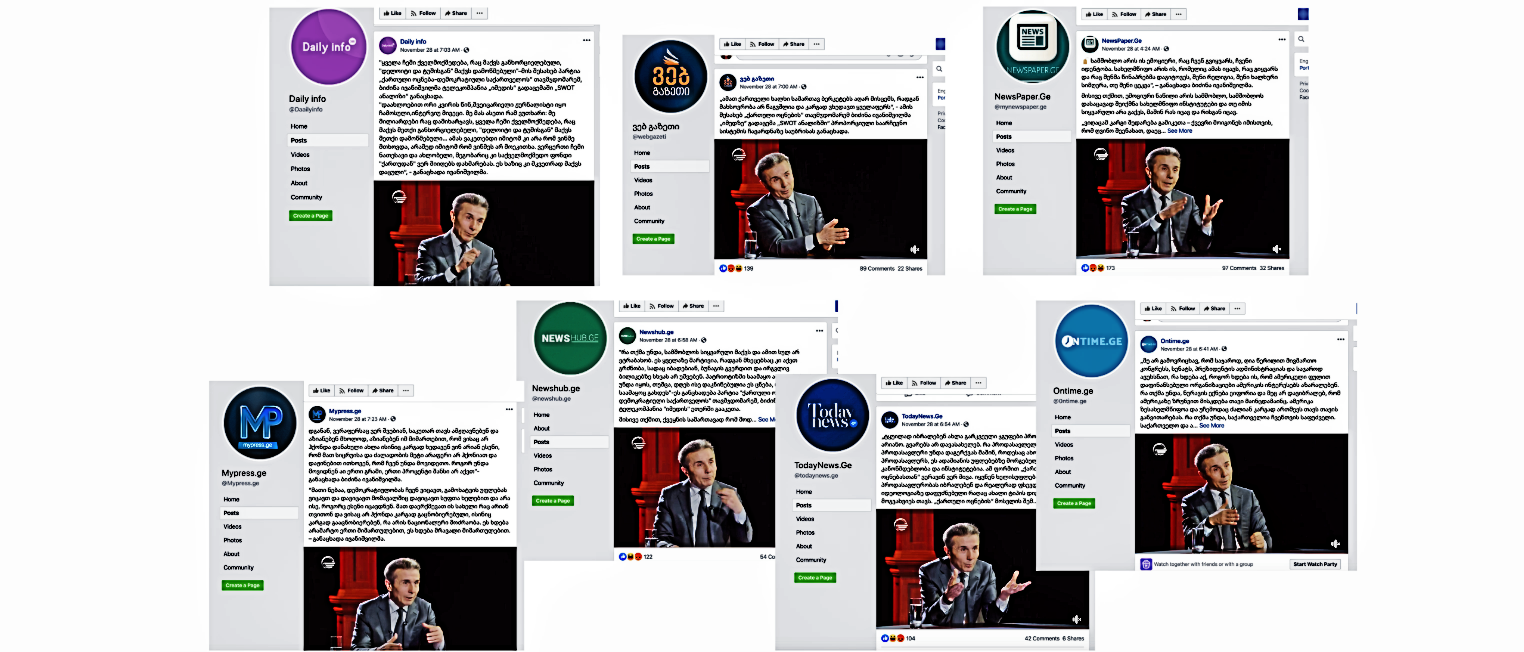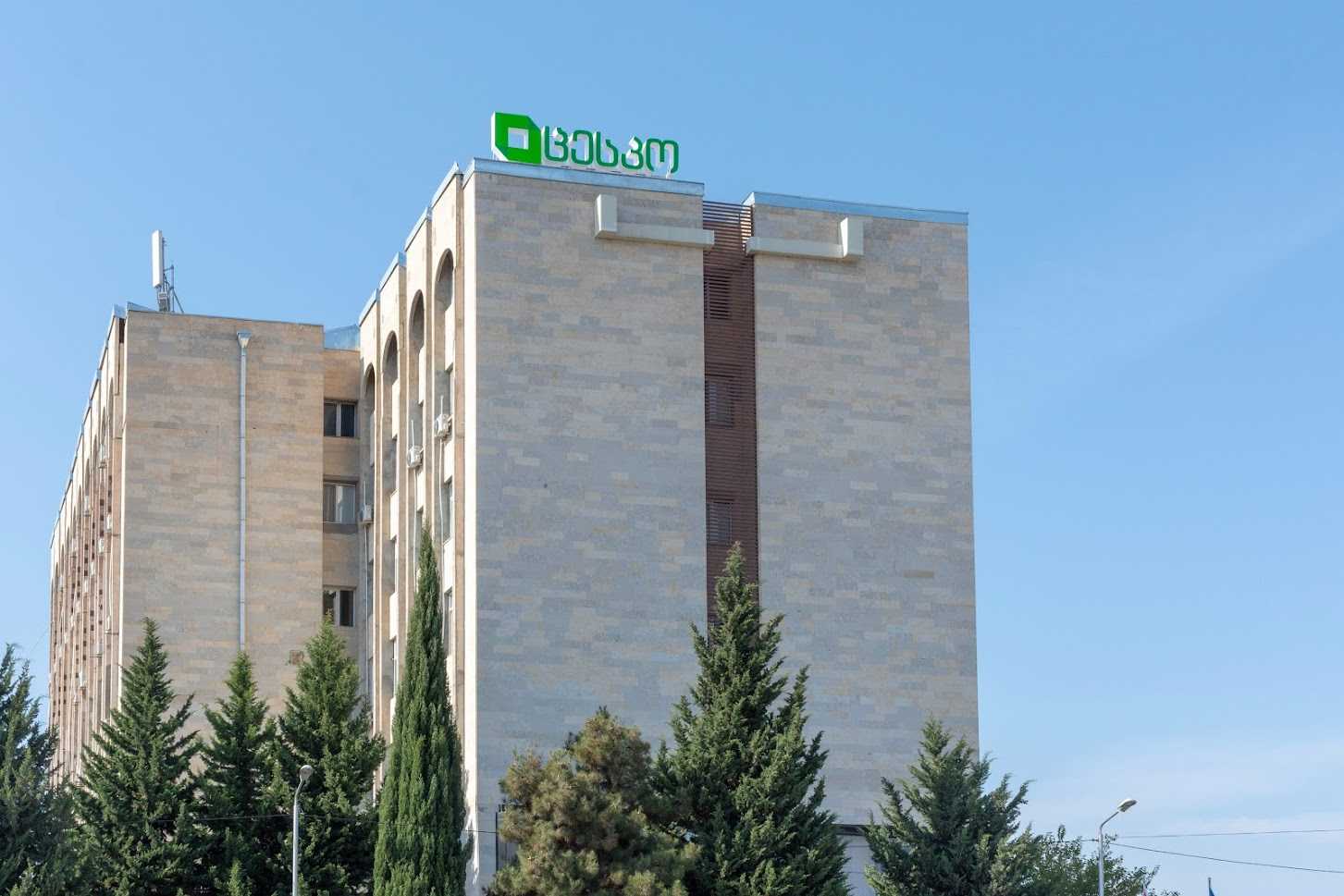

Facebook has taken down hundreds of pages, accounts, and groups for engaging in ‘coordinated inauthentic behaviour’ on behalf of the Georgian Government.
On Friday, Facebook announced they had removed 39 accounts, 344 pages, and 13 groups from Facebook and 22 accounts from Instagram that originated in Georgia.
Facebook said they took down inauthentic accounts due to their ‘behaviour, not the content they posted’. They said that the Georgia-related profiles and pages promoted government officials and policies while targeting opposition and activist groups.
‘These Pages posed as news organisations and impersonated political parties, public figures, activist groups and media entities’, their statement said.
‘Although the people behind this activity attempted to conceal their identities and coordination, our investigation linked this activity to Panda, an advertising agency in Georgia, and the Georgian Dream-led government.’
The company said the network ‘engaged in coordinated inauthentic behaviour’ spending almost $316,000 on advertisements on Facebook and Instagram.
They said the pages in question were followed by over 440,000 accounts.
Facebook did not publish a full list of the names of the accounts removed, however, they named ‘Fastnews.ge’, ‘Mypress.ge’, and ‘Erovnuli Media’ (national media) as examples of fake news organisations promoting the Georgian Dream-led government and painting government critics in a negative light.
Georgian watchdog organisations like the Media Development Foundation (MDF) and the International Society for Fair Elections and Democracy (ISFED), as well as the Washington-based Atlantic Council’s Digital Forensic Research Lab (DFRLab), have recently been ringing the alarm bell against negative campaigns and online trolls targeting government critics and civil society on Facebook.
[Read more on OC Media: Facebook trolls and fake news pages: the new ‘enemies’ of Georgian democracy]
ISFED Chair Mikheil Benidze told OC Media that they had been in touch with Facebook who, according to him, used reports from ISFED and other local groups about pro-government and anti-opposition fake accounts and their activities.
He said that beyond that, Facebook had conducted their own investigation into the matter.
‘What we identified in our reports as fake media pages, almost all of them have been deleted’, Benidze said.
DRFLab, which also collaborated with Facebook, said soon after the announcement that they ‘could not directly corroborate’ suspicions that the Georgian government was behind the network of fake accounts that had been taken down.
This story is developing and will continue to be updated. OC Media has reached out to Facebook and Georgian Dream for comment.









